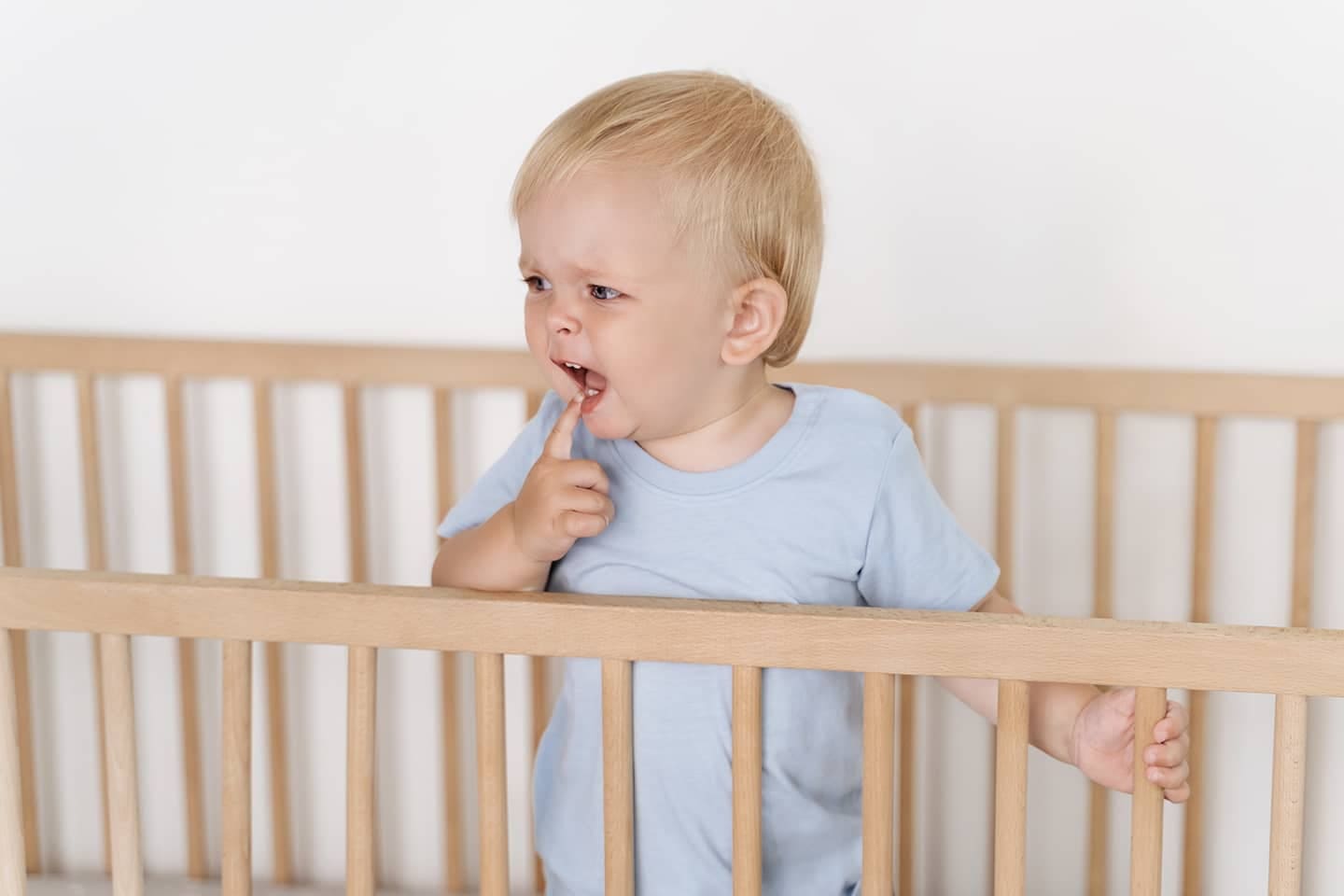As your child grows, so do their teeth. One of the final milestones in your child’s dental development includes the arrival of their 2-year molars. These are the last set of baby teeth that will come in, and being informed about their timing, symptoms, and care can put you and your child at ease.
In this blog, we will cover everything you need to know about 2-year molars. Don’t forget; regular dental check-ups are essential to ensure your child’s teeth are developing correctly, so schedule your dental appointment today!
What Are 2-Year Molars and When Do They Appear?
Two-year molars, also known as second molars, are the last baby teeth to erupt in your child’s mouth. These teeth typically appear in the back of the lower and upper jaws, around the age of 23 to 31 months. However, sometimes they may arrive earlier or later depending on your child’s specific dental development.
Recognizing the Signs of 2-Year Molars
Like other teething milestones, your child may experience teething pain when their 2-year molars emerge. Here are some common symptoms you should look out for:
- Irritability: Your child may become fussier than usual due to the discomfort in their gums.
- Gum swelling: The area around the erupting molar may appear red and swollen.
- Drooling: As with other teething stages, your child may drool more than usual.
- Chewing on objects: Your child might start to chew on toys or their fingers to alleviate gum discomfort.
- Sleep disruption: Nighttime discomfort might impact your child’s sleep.
The intensity and duration of these symptoms vary from child to child. However, if your little one experiences persistent fever, diarrhea, or ear and throat infections, consult your pediatrician, as these symptoms are not directly associated with teething.
How to Soothe Your Teething Child
Teething is an unpleasant experience for toddlers; here are some measures you can take to comfort your child during the teething process:
- Cold Therapy: Offer your child a cold teething ring or a cold, wet washcloth to chew on. This can help alleviate their gum discomfort.
- Gum Massage: Gently massage the irritated gums with a clean finger.
- Pain Relief: If your child is particularly uncomfortable, consult your pediatrician about using over-the-counter pain relief medication formulated for children.
Importance of Dental Check-ups for Your Child
Regular dental check-ups are vital to monitor your child’s dental health, especially during the teething stage. A pediatric dentist can identify potential problems early and address them before they become more serious. With proper oral care and timely dental visits, you can ensure that your child has a strong and healthy foundation for their adult teeth.
Remember, every child’s dental development is unique, and professional guidance is crucial to maintain your child’s oral health. Don’t wait any longer – schedule your child’s dental appointment today and pave the way for a lifetime of smiles! At Youth Dental & Vision, children under two years old are eligible a free check-up!
At Youth Dental and Vision, we are here to help you and your child every step of the way. Contact us today to learn more about how we can create a bright future for your family! Visit one of our four locations to see why we have an average rating of 5/5 based on over 1000 third-party reviews.
If you are looking for a kid’s dentist near me or a kid’s dentist in Denver, call Youth Dental and Vision at (303) 953-8801 or complete the online booking form.
To schedule an appointment at Aurora Youth Dental, call (303) 343-3133.
To schedule an appointment at Denver Youth Dental, call (303) 825-2295.
To schedule an appointment at Thornton Youth Dentistry, call (303) 280-8878.
To schedule an appointment at Hampden Youth Dentistry and Orthodontics, call (720) 826-3694.
Frequently Asked Questions
Are Molars Painful for Toddlers?
Yes, molars can be painful and uncomfortable for toddlers. Toddlers may experience gum swelling, irritability, drooling, and difficulty sleeping due to the intense discomfort associated with this teething process.
Can teething cause a runny nose?
Generally, teething does not cause a runny nose. If your child has signs of a cold or allergy, such as sneezing and a runny nose, these are likely caused by something other than teething.
How Long Can Teething Fever Last?
Most teething fevers will last less than 24 hours. Teething fevers usually begin about one day before the tooth erupts and will go away after the tooth cuts through the gums. If your child’s fever is persisting or reaching high temperatures, contact your pediatrician for medical advice.
Is It Normal for Toddlers To Refuse To Eat During Teething?
It is normal for toddlers to experience a decrease in their appetite when teething. Often, the discomfort associated with the teething process can make eating and drinking difficult for your child. Offer your toddler cool foods or drinks, such as yoghurt or applesauce, that won’t irritate the gums. Provide plenty of fluids to help keep your toddler hydrated and comfortable.


